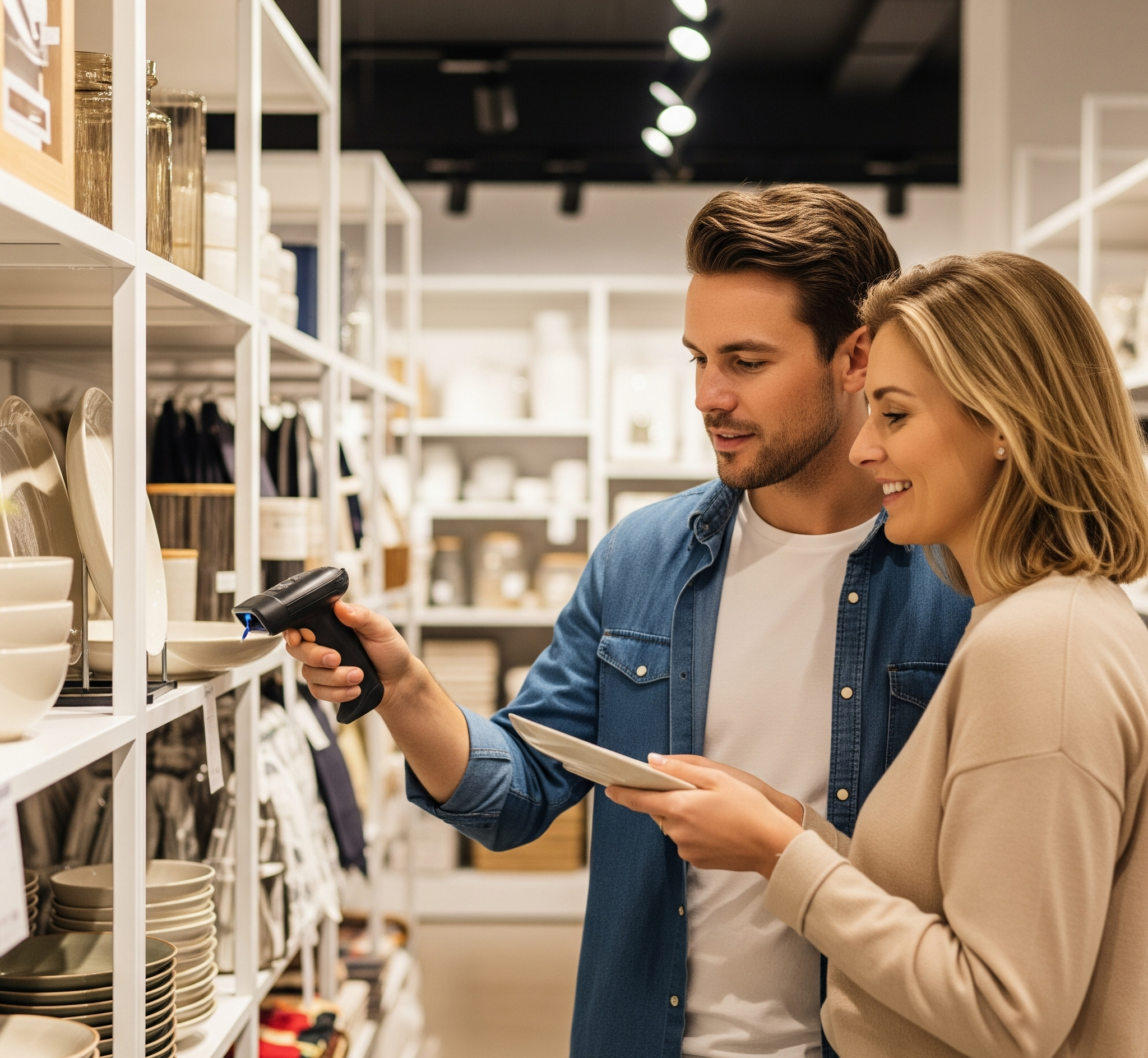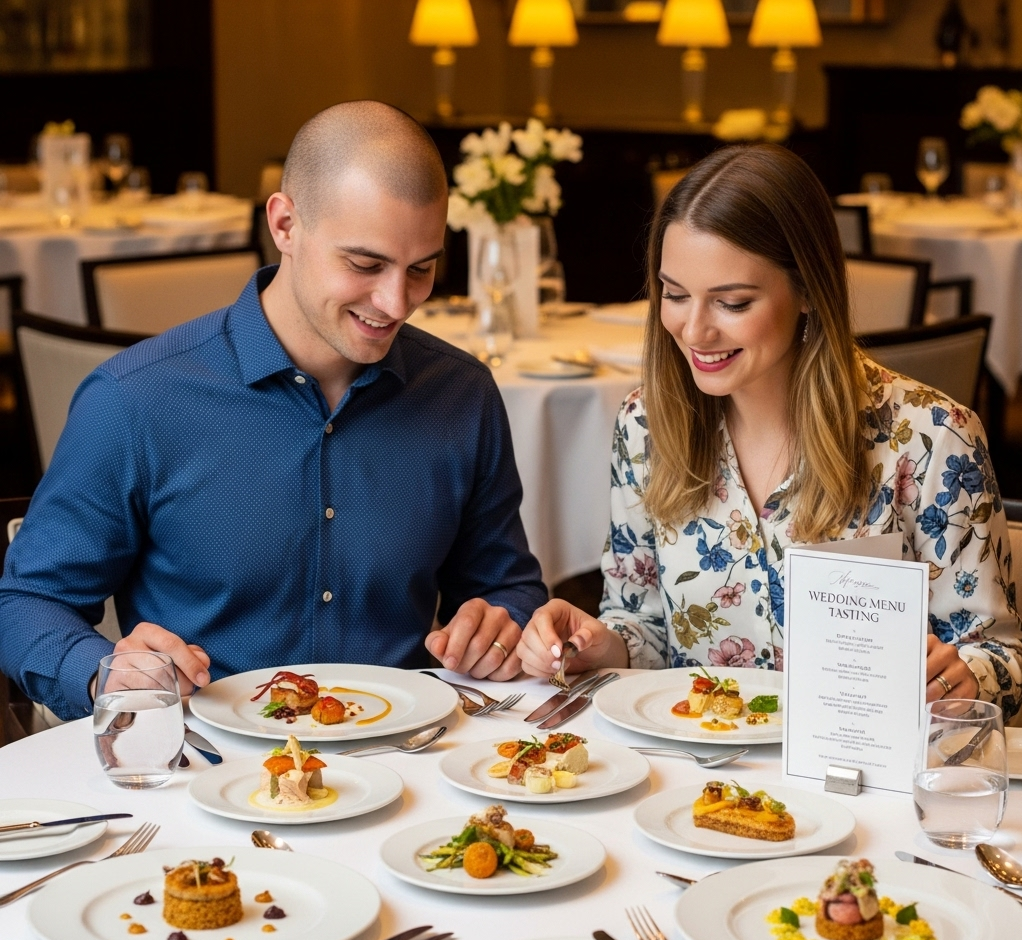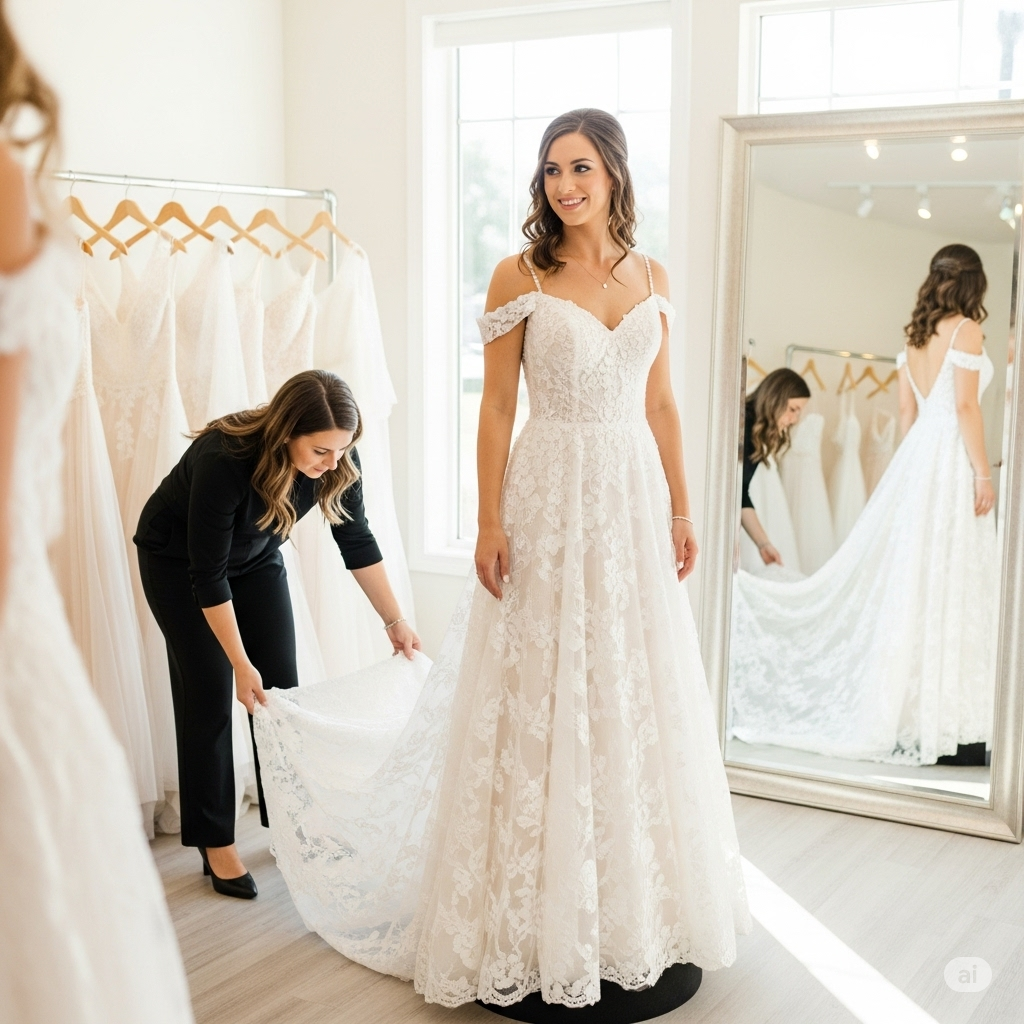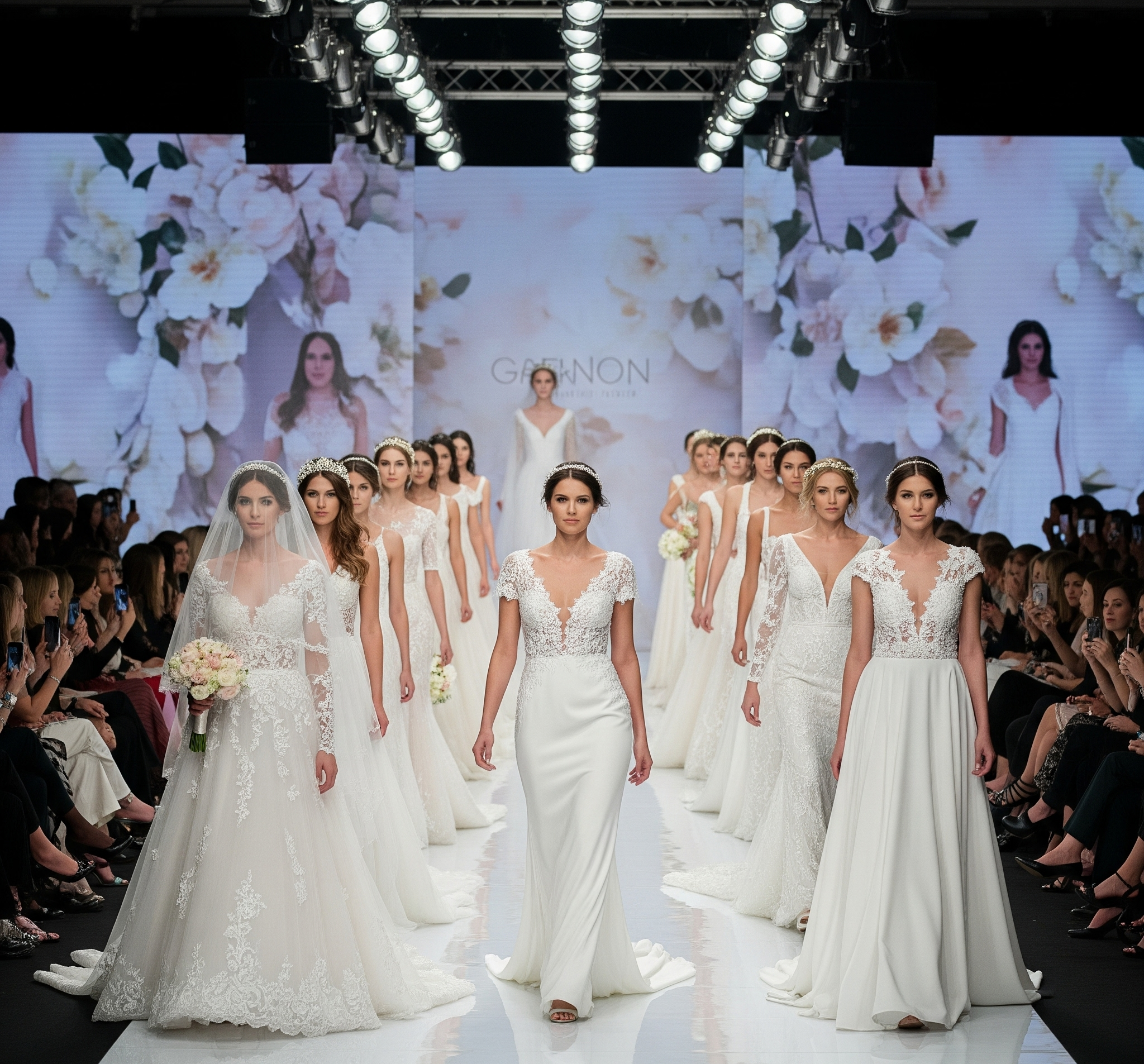Did you know that couples spend an average of 12% of their total wedding budget on photography? That’s because these precious moments can never be recreated! I’ve helped hundreds of couples navigate the challenging process of finding their perfect wedding photographer. In this comprehensive guide, I’ll walk you through everything you need to know to make this crucial decision for your big day.
Understanding Different Wedding Photography Styles
Let’s chat about the various ways photographers capture weddings these days. Documentary-style photography is like having a fly on the wall – the photographer captures genuine moments as they unfold, without much directing or posing. Traditional photography, on the other hand, is what your parents probably had at their wedding – lots of formal poses and group shots.
Fine art wedding photography is becoming increasingly popular. These photographers treat each shot like a piece of art, focusing on composition, light, and emotion. Editorial style? Think magazine-worthy shots that tell a story while looking absolutely fabulous.
Contemporary wedding photography often blends several approaches, incorporating creative angles and modern post-processing techniques. Many photographers are now mixing styles – maybe documentary-style for the ceremony but more editorial approaches for couple portraits.
Speaking of 2026 trends, we’re seeing a lot of photographers experimenting with film photography alongside digital, creating those dreamy, timeless images. Drone photography and videography are also becoming standard additions to wedding packages.
Setting Your Wedding Photography Budget
Let’s talk money – always a fun topic, right? On average, wedding photography packages can range from $2,000 to $10,000+, depending on your location and the photographer’s experience. Basic packages typically include 6-8 hours of coverage and digital images, while premium packages might include multiple photographers, albums, and engagement sessions.
Watch out for those sneaky extra costs! Things like travel fees, overtime charges, and additional editing requests can add up quickly. Some photographers charge extra for raw files or high-resolution images, so make sure to ask about this upfront.
Want to maximize your budget? Consider booking during off-peak season or on a weekday. Many photographers offer payment plans, typically requiring a 25-50% deposit to secure your date, with the remainder due before the wedding.
Essential Questions to Ask Potential Photographers
Here’s what you really need to know before signing on the dotted line. First, ask about their experience and backup plans – what happens if they get sick on your wedding day? Make sure they have backup equipment too!
Get clear on their shooting style – do they prefer to direct poses or capture candid moments? How many photos can you expect? Also, understand your rights to the images – can you print them yourself, or do you need to order through the photographer?
Don’t forget to discuss the timeline. How many hours of coverage do you need? Will there be a second shooter? And absolutely make sure they have proper insurance and a solid contract that protects both parties.
Evaluating a Photographer’s Portfolio
When looking through portfolios, consistency is key. A professional should be able to maintain their style across different weddings and lighting conditions. Don’t just look at their highlight reel – ask to see complete wedding galleries from recent events.
Pay attention to how they handle challenging lighting situations, like dark reception venues or bright midday sun. Look at their couple poses – do they look natural or forced? Candid shots should capture genuine emotions and moments.
Remember that heavily edited photos might look great on Instagram but may not reflect what you’ll actually get. Look for natural skin tones and realistic editing styles.
Making the Personal Connection
You’ll be spending a lot of time with your photographer on your wedding day, so personality match is crucial! Pay attention to how they communicate – are they responsive, professional, and clear in their correspondence?
While virtual consultations are convenient, meeting in person (if possible) can give you a better sense of their personality and working style. When reading reviews, look for comments about the photographer’s demeanor and how they handled stress or unexpected situations.
Don’t be shy about asking for references from recent clients. A good photographer should be happy to connect you with couples they’ve worked with.
Technical Considerations and Deliverables
Let’s get technical for a moment. Professional wedding photos should be delivered in high resolution, suitable for large prints. Ask about file formats and sizes – you want to ensure you’re getting quality images that will stand the test of time.
Understand what you’re getting – some photographers offer digital-only packages, while others include prints or albums. Typical delivery timelines range from 4-12 weeks after the wedding, but this should be clearly stated in your contract.
Make sure you understand the usage rights – can you share the photos on social media? Print them yourself? Most photographers keep backup copies of your wedding photos, but it’s good to confirm their storage practices and duration.
Final Thoughts
Choosing your wedding photographer is one of the most important decisions you’ll make during wedding planning. Remember, these photos will be treasured for generations to come! Take your time to research, meet with potential photographers, and trust your instincts.






